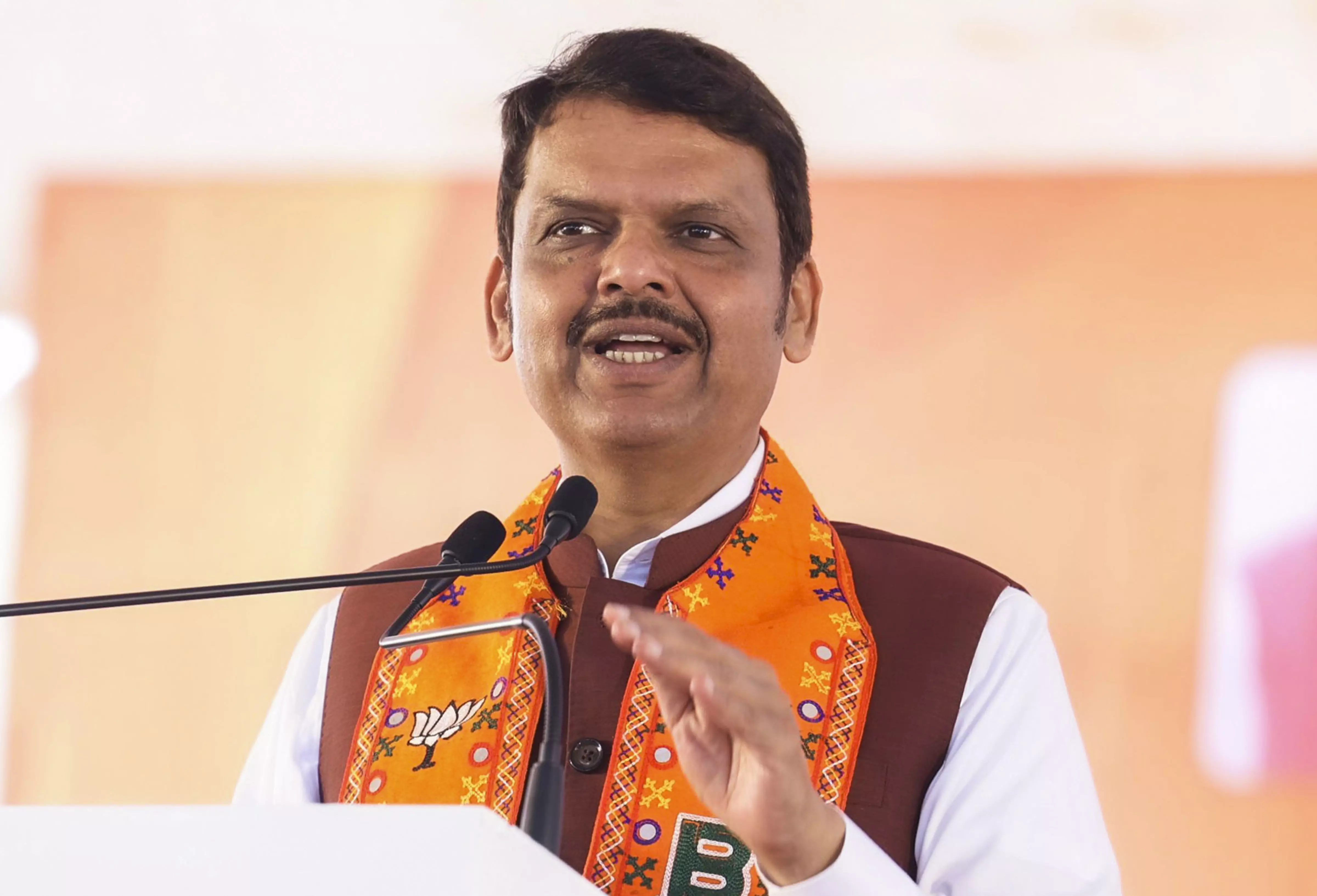Anita Katyal | Fadnavis really cosying up to RSS? Cong lets J’khand down

Though relations between the Bharatiya Janata Party and its ideological mentor, the Rashtriya Swayamsevak Sangh, have recently improved after a brief period of tension, there is considerable speculation about Maharashtra deputy chief minister Devendra Fadnavis’s recent disclosure that he has sought the Sangh’s help in the upcoming Assembly elections. Different interpretations are being offered by BJP insiders about this statement. One section believes Mr Fadnavis was prompted by the top BJP leadership to make this statement to reassure the RSS that the party has not forsaken the Sangh and continues to depend on it for guidance. This was also an effort at damage control following BJP president J.P. Nadda’s remarks in the run-up to the Lok Sabha election that the party had shed its dependence on the RSS. On the flip side, there is a buzz that Mr Fadnavis is keeping the RSS in good humour for personal reasons. He can do with the help of the Nagpur-headquartered RSS as he is contesting the upcoming Assembly election from this area. And in case the BJP fails to form the government, Mr Fadnavis could well be securing his future at the national level by ensuring he is on the right side of the RSS.
Guess who is among the most sought-after campaigners in the Congress for the forthcoming Assembly polls in Jharkhand. It is Pappu Yadav. The Bihar MP from Purnea, who won his election as an Independent candidate but is aligned with the INDIA bloc, has been campaigning for the Congress and the Jharkhand Mukti Morcha as the state prepares for the first phase of polling on November 13. Mr Yadav is particularly in demand by the backward castes who were depending on Rahul Gandhi and other top Congress leaders to make a strong pitch for a caste census in the run-up to the election. As it happens, Rahul Gandhi hit the campaign trail a few days before polling while most senior party leaders have not been sighted in Jharkhand. This has upset its alliance partner, Jharkhand Mukti Morcha, which has to shoulder the responsibility of running the show on its own.
The conciliatory statements made by National Conference leader Omar Abdullah on taking over as Jammu and Kashmir chief minister was predictably seen as a move on his part to cosy up to the Narendra Modi government. This view was further strengthened following the resolution adopted by the state Assembly last week on restoring the special status of the erstwhile state. While the National Conference election manifesto had listed restoration of Article 370 in its election manifesto as a major poll plank, the text of the resolution makes no mention of Article 370 but instead expresses concern over the removal of the constitutional guarantees which safeguarded the rights and identity of the people of Jammu and Kashmir. The resolution also does not make an outright demand for the immediate restoration of this “special status” but instead asks the Centre to open a dialogue with the elected representatives in this regard. In fact, soon after winning the election, Omar Abdullah had publicly backtracked on the party’s demand for the restoration of Article 370 which, he said, was not going to be accepted.
The Congress in Madhya Pradesh is in a mess, having been reduced to a rump after its successive defeats in the state Assembly and Lok Sabha elections. And yet the party refuses to get its act together. Though it is acknowledged that the party needs a new leadership in the state, veteran leaders like former chief minister Digvijaya Singh continue to call the shots. The latest example in this instance is the upcoming byelection in former chief minister Shivraj Singh Chouhan’s assembly constituency Budhni. It’s a prestigious battle and it was expected that the Congress would field a strong candidate. Instead, the Congress leadership picked old timer and perennial loser Rajkumar Patel, a known protegee of Digvijaya Singh, for this seat. Mr Patel has been fielded for every election in the last 30 years but has won only once and that, too, way back in 1993. This has angered local Congress leaders who complained that the party’s principle of denying tickets to candidates who have lost two elections is conveniently overlooked in Mr Patel’s case only because he is backed by Digvijaya Singh’s backing.
There is growing resentment among the foot soldiers of the Rashtriya Swayamsevak Sangh over the opulent lifestyle adopted by the organisation’s leadership. The cadre is particularly upset about how the old low-key RSS headquarters at Delhi’s Jhandewalan area have been replaced by plush new buildings which, they feel, do not reflect the organisation’s ethos of service and simplicity. They said the striking contrast in the living conditions of the RSS bosses and karyakartas slogging it out in remote villages and tribal areas is not going down well with ordinary workers. The new office, under construction for the past several years, has three 12-storey towers which are equipped with all modern amenities. The buildings have been earmarked for different activities while providing space for the Sangh’s employees and visitors and for its affiliate organisations like the Organiser and Panchjanya.
